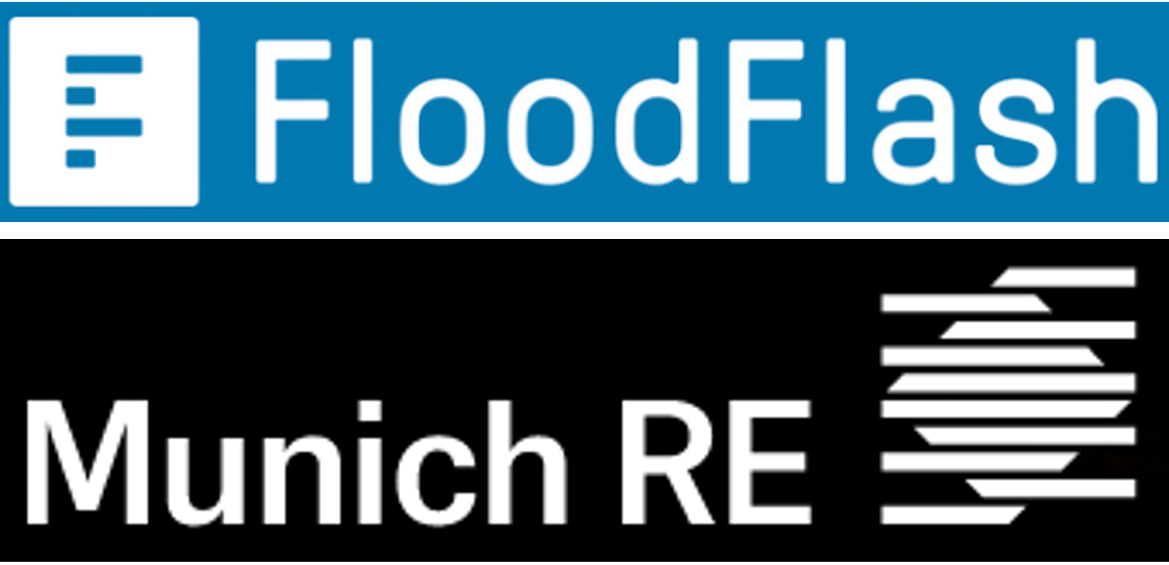Munich Re Syndicate has announced a new capacity agreement with InsurTech Corridor participant FloodFlash.
This comes during a period where natural catastrophe re/insurance capacity is particularly distressed, nowhere more so than in the US. Munich Re has estimated losses from the Atlantic storm season to be more around $110b, including $65bn of insured losses, with hurricane Ian serving as the main contributor.
This distress has put a huge strain on the natural catastrophe re/insurance market, with reports saying that many MGAs and insurers are facing “significant difficulties” renewing capacity arrangements, particularly in Florida and along the Gulf coast.
FloodFlash says it is confident the deal demonstrates how parametric insurance can rise to the challenge of difficult market conditions, and also play a significant role in insuring high risk businesses in a future characterised by climate change, urbanization, and more extreme weather.
FloodFlash head of major accounts and capacity management, Richard Coyle, said: “This new deal is testament to the relationship that we have built with the teams at our capacity providers and their faith in our parametric underwriting and sensor technology.
“A huge part of this faith comes from the certainty that parametric insurance can bring. We can establish actual losses from a flood event within 48 hours due to the pre-agreed payout amounts. Loss creep from claims inflation and litigation is therefore mitigated. Certainty around expected losses means we can price policies more fairly and capacity discussions are much easier as a result.”
Rytas Stankunas of InsurTech Corridor said: “It’s great to see FloodFlash take their innovative approach to parametric flood insurance to the US market, which is the largest flood insurance market in the world. Partnerships like these really demonstrate the benefits of transatlantic collaboration as we see technology developed in the UK used to help high-risk business and homeowners in the US to secure insurance.”


